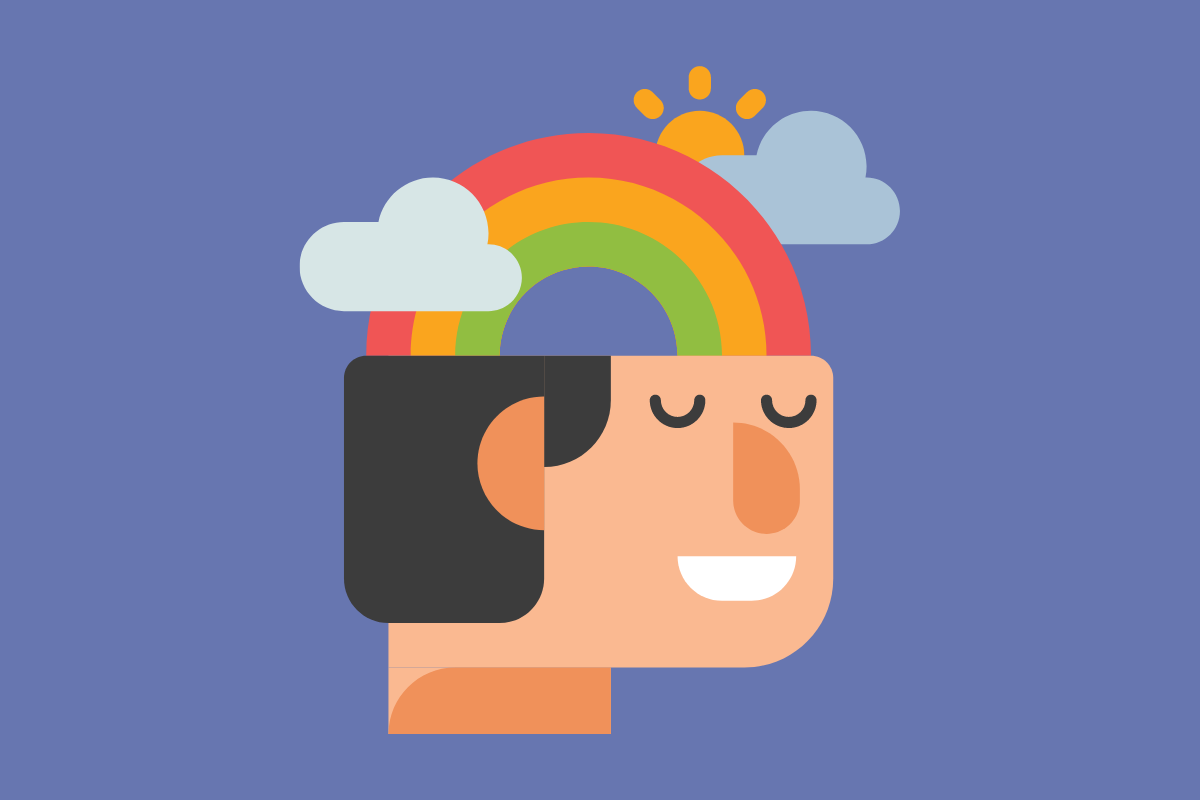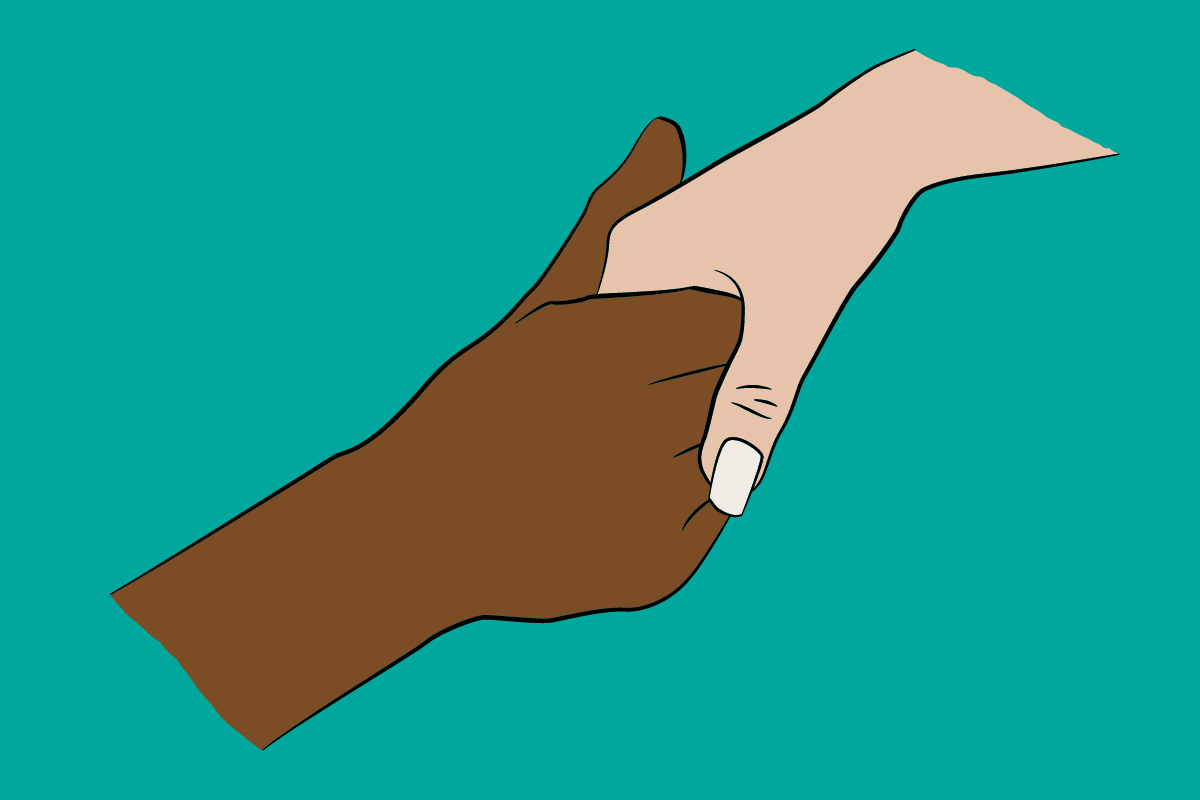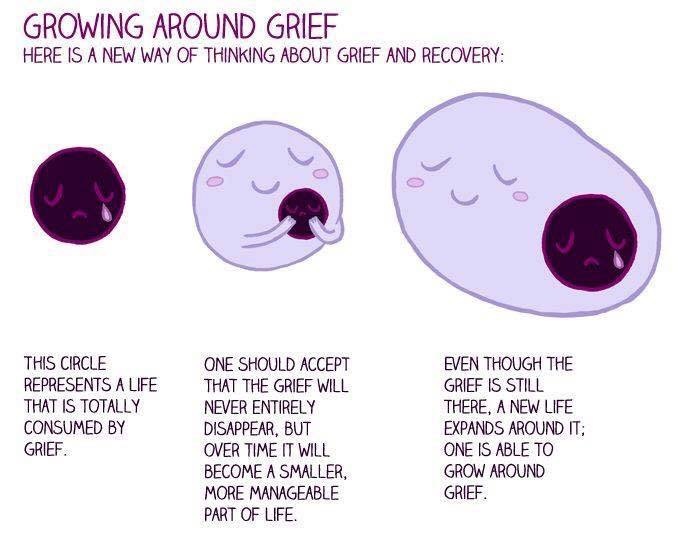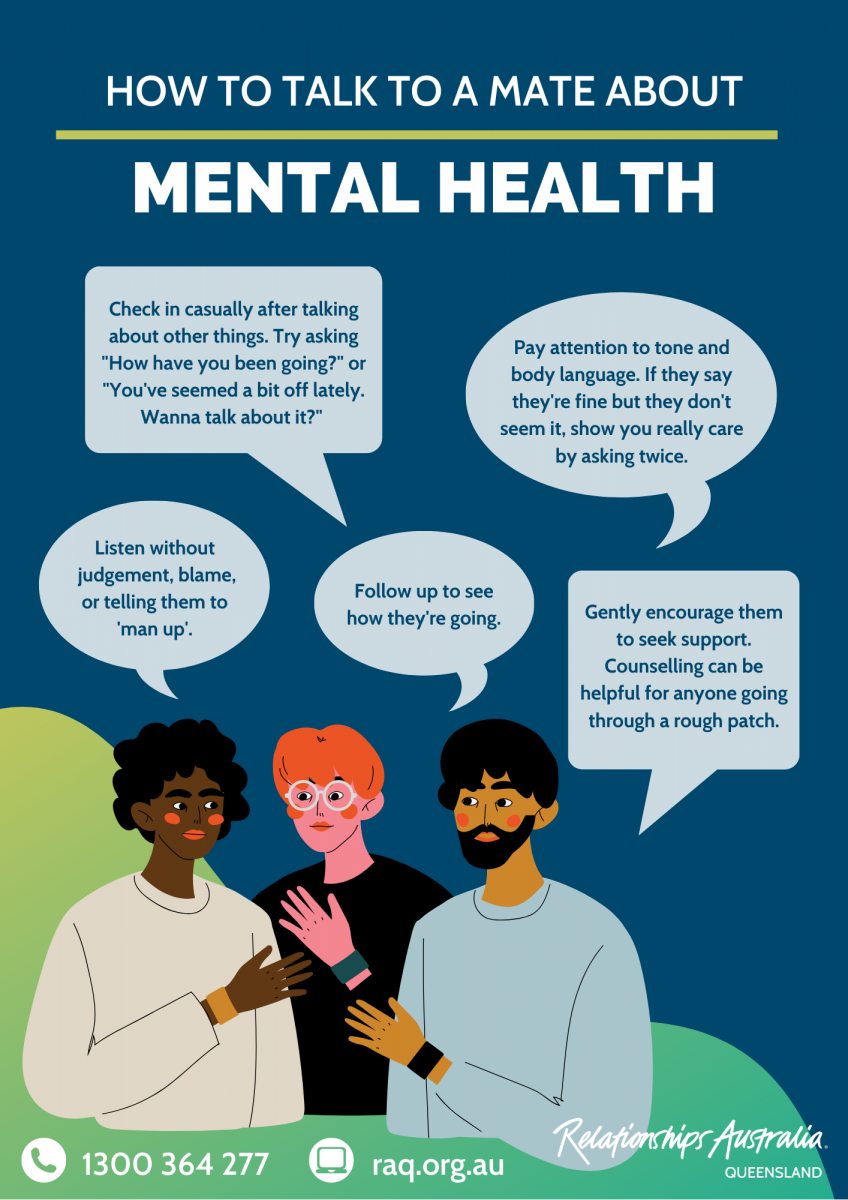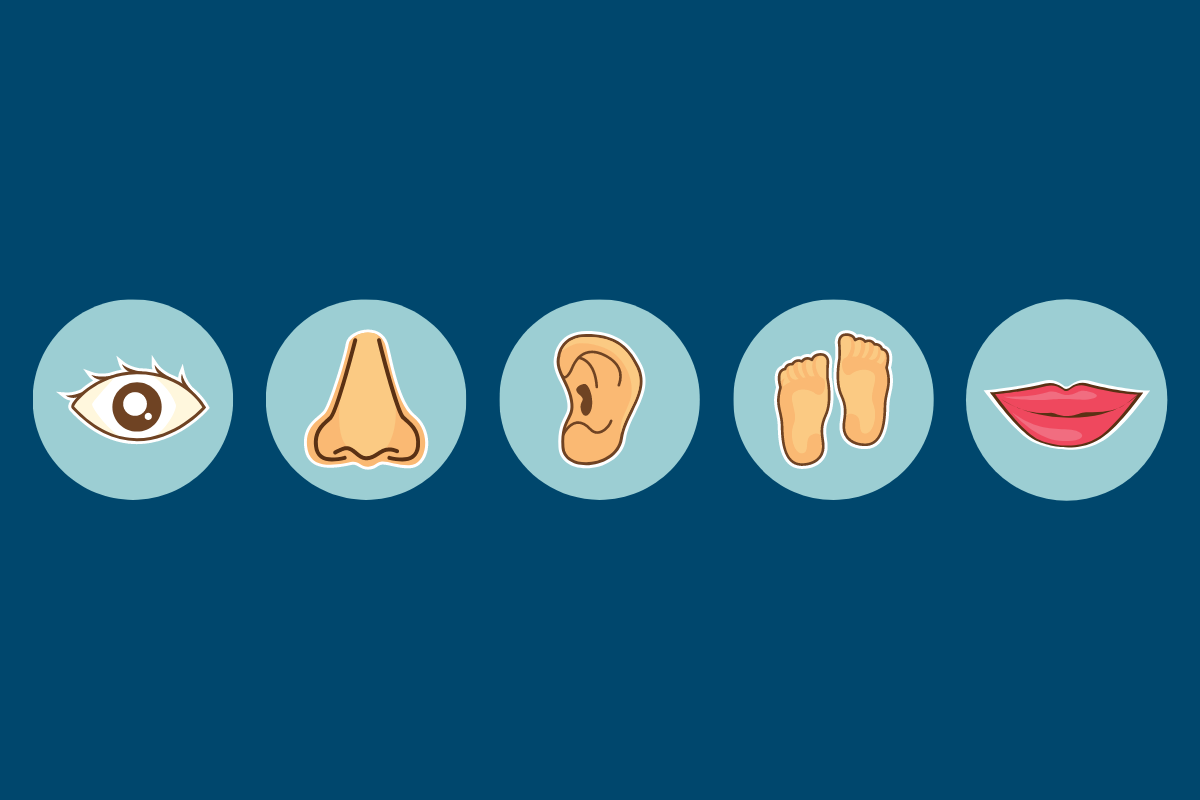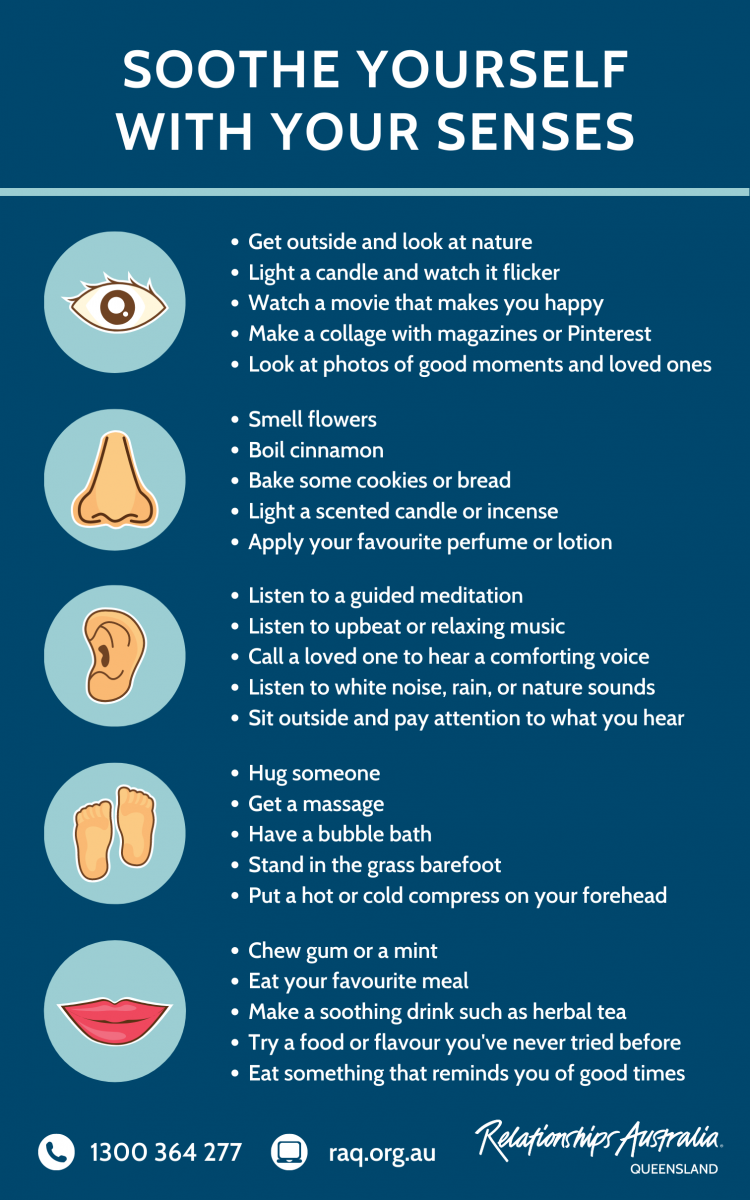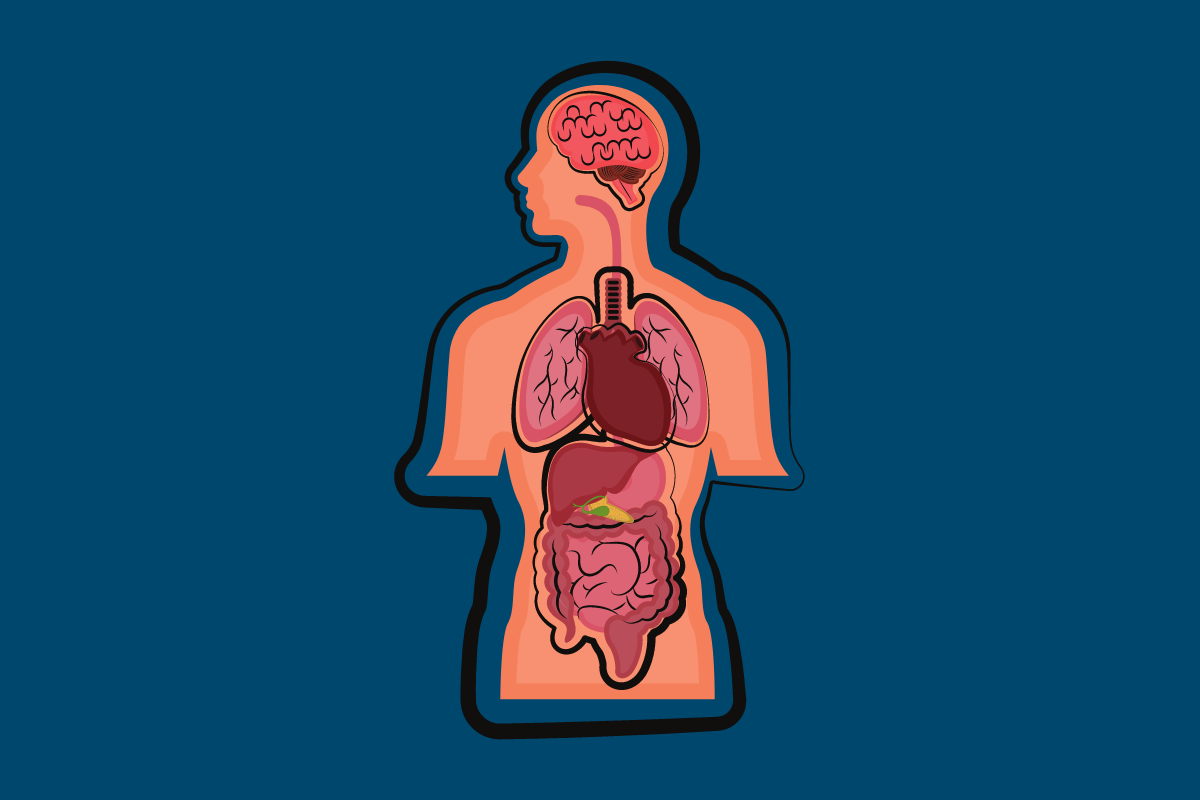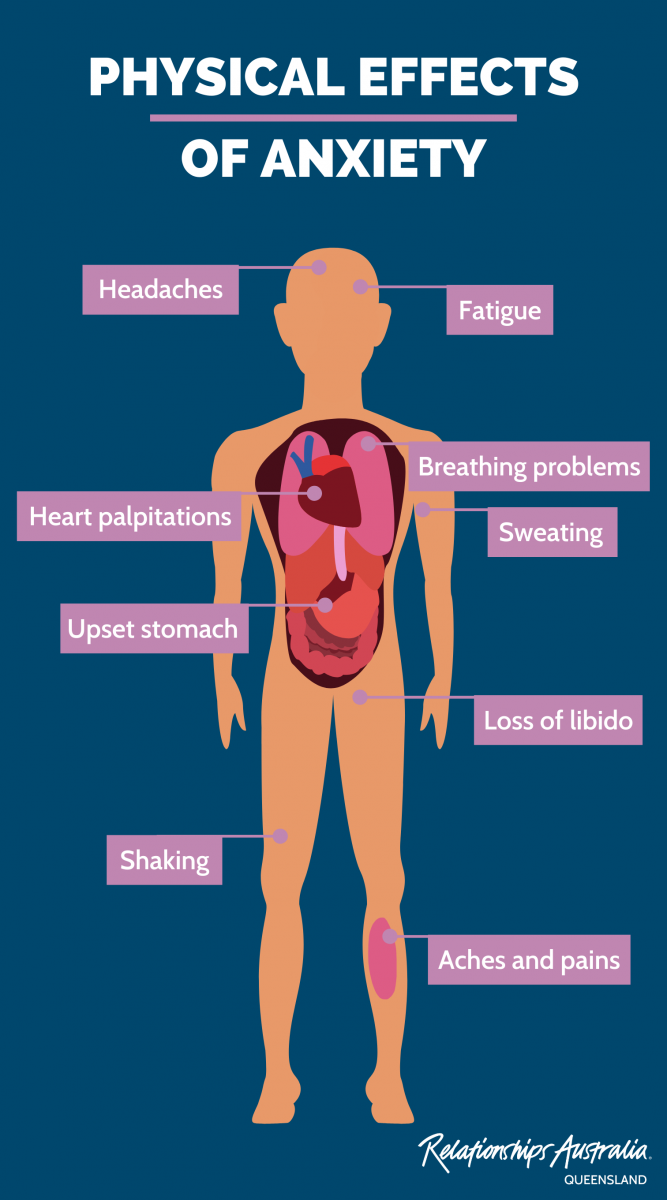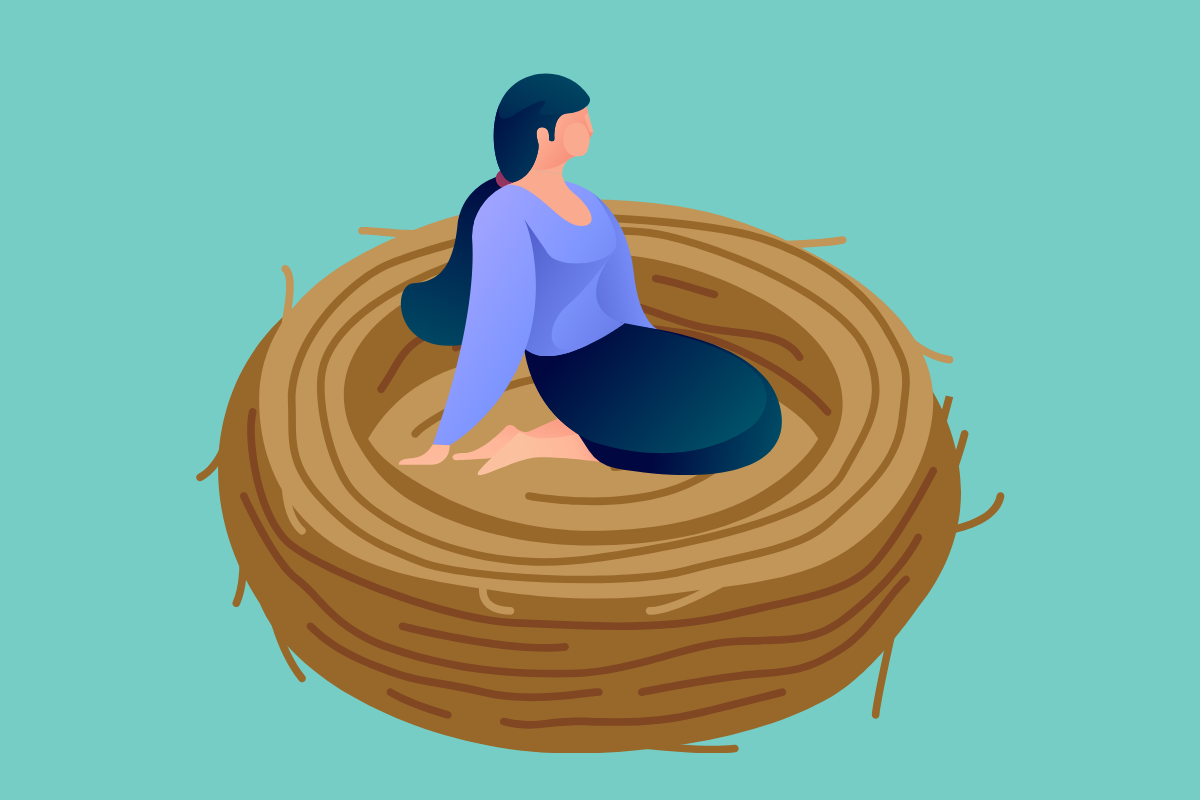Do you lose your cool over what other people might consider to be minor hassles? Do you let being stuck in traffic, spilling your coffee, or a rude cashier ruin your day?
Constantly getting upset over little things can take a toll on our mental and physical health. A recent study found that older men who obsess over little, everyday annoyances tend to live shorter lives than those who let things go.
You’ve probably heard the saying “don’t make a mountain out of a molehill”. But even if we know we shouldn’t sweat the small stuff, it can be a hard habit to kick.
Learn how to stop worrying about the little things with these three steps.
Put things into perspective
Most things that happen to us have the potential to be as small or as big as we choose to make them.
If your knee-jerk reaction is to blow up over trivial things without thinking, it might help to take a step back and consider a new perspective.
Ask yourself:
- On a scale of 1 to 10, how bad is it really?
- Will I still be upset in 5 minutes, 5 hours, 5 days, 5 weeks, 5 months or 5 years?
- Is this something within my control that requires a solution, or does it require moving on?
- Is it possible I’m blowing this out of proportion?
These questions can help you take back control and decide whether it’s worth your time and energy worrying.
You might also like to make a list of all the small things that regularly get under your skin. This could be anything from not finding a parking spot straight away to getting stuck behind people who walk slowly. Writing these down can help you explore why they bother you and how significant they really are in the grand scheme of life.
Acknowledge the good
We’re hard-wired to focus on the negatives, so we often miss all the good stuff going on around us. We’ll notice the one time things go wrong and take for granted all the times things went right.
Make a habit of looking for the good and celebrating little wins each day. Hit all the green lights on your way to work? Awesome! No line to get your morning coffee? Great! Having a good hair day? Good for you!
Consciously choosing to focus on things you’re grateful for can help stop negativity and rumination in its tracks. With all the good you’ve got going on, you might find it harder to care about small inconveniences.
You can learn more about the scientifically proven benefits of gratitude here.
Find coping strategies that work for you
Changing our behaviour patterns can take a lot of time and dedication. If you’re struggling to stop sweating the small stuff, it can be helpful to expand your stress-management toolkit with strategies that support your desired changes.
Some common strategies for coping with stress include:
- Breathing exercises – Pausing to take a few deep breaths can help slow your heart rate and reduce stress. Belly breathing in particular is thought to reduce tension and help you relax. You might like to try this type of breathing in bed before you go to sleep.
- Meditation – Meditating can help increase your self-awareness and reduce feelings of stress and anxiety. Guided meditations are a good place to start.
- Journalling – Keeping a journal is a great way to explore your thoughts and feelings. It allows you to vent about your frustrations and release tension in a healthy way.
- Physical exercise – This is another healthy way to release tension and get some of those overwhelming emotions out. Exercise is known to reduce anxiety and depression and improve your mood and self-esteem. We should all be aiming for at least 30 minutes a day.
- Counselling – If you need help finding coping strategies or just want to talk, counselling could be a good option. Here, you can explore your emotions without judgement and find solutions in a supportive environment.
RAQ provides counselling for a range of issues including stress and anxiety. You can learn more about our counselling services here, or call 1300 364 277 to make an appointment.
If you found this helpful, you might like our blog post How to Stop Waiting to be Happy.
